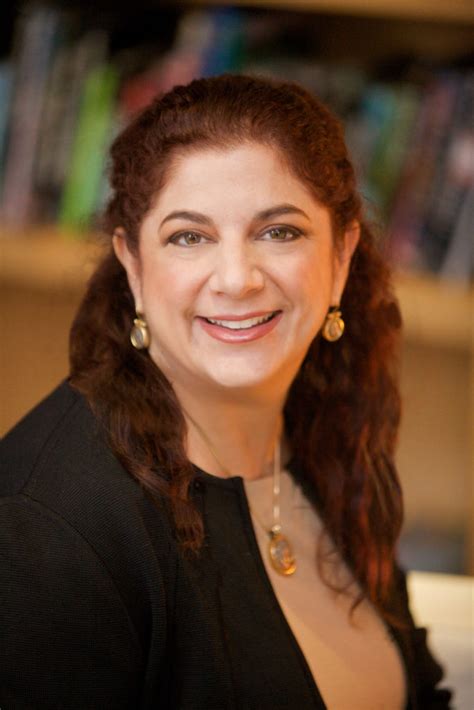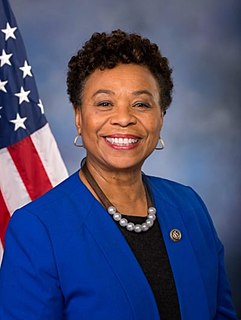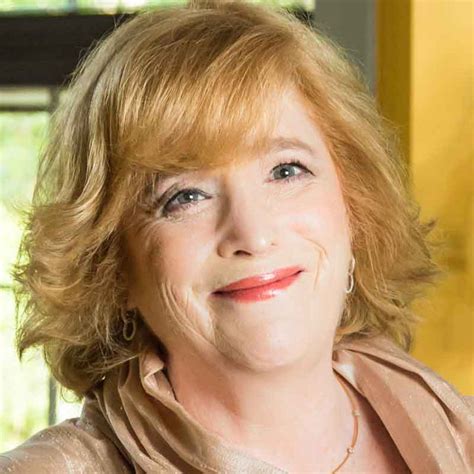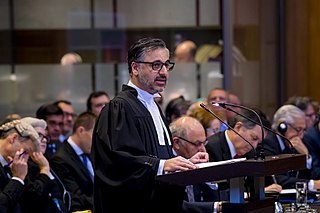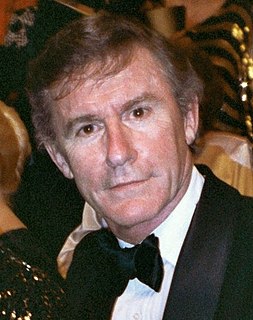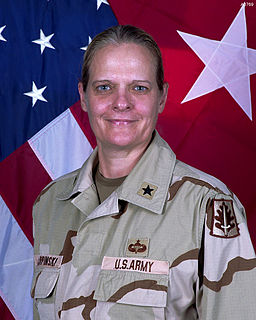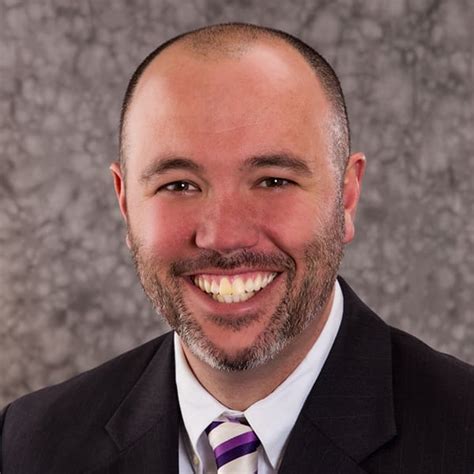A Quote by Mia Bloom
I did a study of soldiers returning from Iraq, and their levels of PTSD were much higher if they had had to shoot a woman or child, even if they knew the person was a suicide bomber.
Related Quotes
Storytelling is very important. It is through context and relations that we understand the importance of human dignity. The concept means nothing as an abstraction. It's important for us to understand why people do the things they do, including the monsters - the suicide bomber and the war criminal. Understanding is not acceptance. Understanding is exploring the human psyche. If we want to put an end to violence, we need to have the sort of conversation I had with the teenage suicide bomber.
One of the lessons learned during the Vietnam War was that the depiction of wounded soldiers, of coffins stacked higher than their living guards, had a negative effect on the viewing public. The military in Iraq specifically banned the photographing of wounded soldiers and coffins, thus sanitizing this terrible and bloody conflict.
Was it the act of giving birth that made you a mother? Did you lose that label when you relinquished your child? If people were measured by their deeds, on the one hand, I had a woman who had chosen to give me up; on the other, I had a woman who'd sat up with me at night when I was sick as a child, who'd cried with me over boyfriends, who'd clapped fiercely at my law school graduation. Which acts made you more of a mother? Both, I realized. Being a parent wasn't just about bearing a child. It was about bearing witness to its life.
Being a woman did not look enviable to me, even when it looked admirable. It looked like nonstop sacrifice and service. Because it was. Being a woman seemed vulnerable and sad. Even the strong women I knew - and they were all strong - had earned their strength through enduring huge disappointments and tremendous struggles.
Brian Turner writes as only a soldier can, of terror and compassion, hurt and horror, sympathy and desire. He takes us into the truth and trauma of the Iraq war in language that is precise, delicate and beautiful, even as it tells of a suicide bomber, a skull shattered by a bullet, a blade in a bloodgroove.
